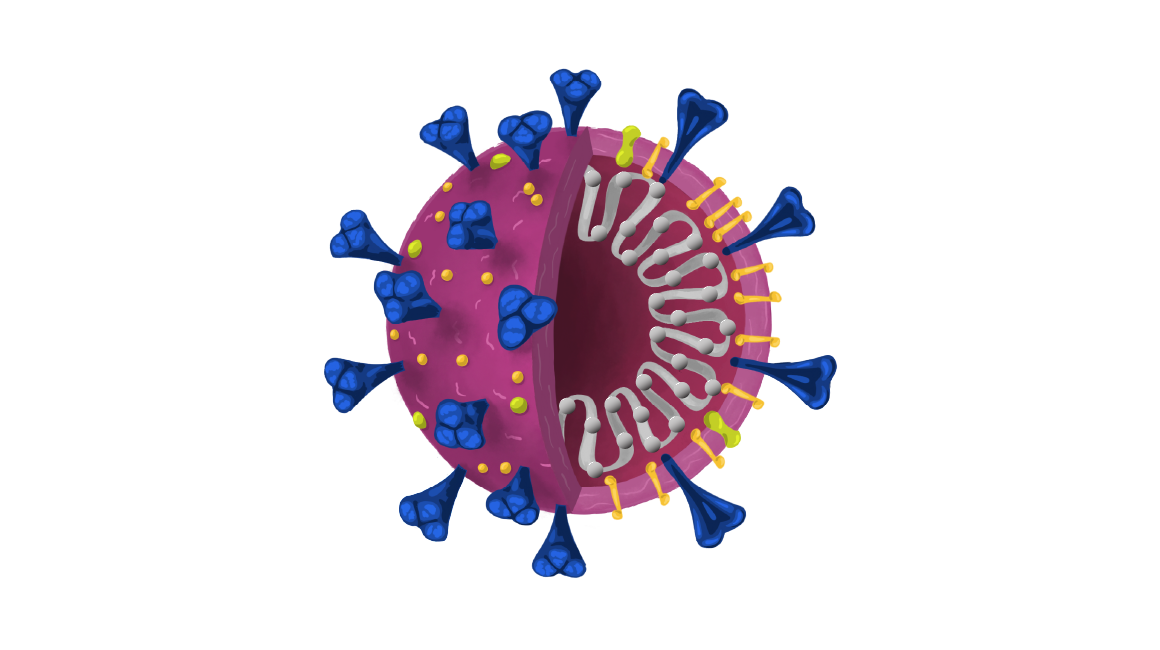Wei W, Chen L, Ying X. Desflurane Safety Revisited: A Pharmacovigilance Study Detecting Potential Safety Signals from FAERS Data. J Pain Res. 2025;18:5069-5080.
Keywords: DIC; FAERS; anaphylactic shock; desflurane; nociception; pharmacovigilance.
Abstract
Purpose: Desflurane is a widely used volatile anesthetic with multiple clinical advantages, but comprehensive pharmacovigilance analyses are needed to optimize its safety profile. This study aimed to analyze and classify adverse events(AEs) associated with desflurane in the Food and Drug Administration Adverse Event Reporting System(FAERS) database and evaluate potential safety signals.
Patients and methods: We analyzed FAERS reports from 2004Q1 to 2025Q1 where desflurane was the primary suspect(PS) drug. Cases were classified using Medical Dictionary for Regulatory Activities (MedDRA27.1) terminology and processed following FDA-recommended deduplication strategy. Four disproportionality analyses were conducted: Reporting Odds Ratio (ROR), Proportional Reporting Ratio (PRR), Bayesian Confidence Propagation Neural Network (BCPNN), and Multi-item Gamma Poisson Shrinker (MGPS).
Results: Among 1,191 cases, bradycardia was most frequent (n = 39; ROR = 38.72, 95% CI 28.14-53.28) with 79.4% classified as serious. Notable findings included anaphylactic shock (n = 23; 69.6% serious), bronchospasm (n = 22), and malignant hyperthermia(MH) (n = 20; 25% mortality). Acute respiratory distress syndrome (ARDS) (n = 2) and disseminated intravascular coagulation (DIC) (n = 2) were documented - a previously unreported association with desflurane exposure.
Conclusion: Our analysis reveals clinically significant safety signals associated with desflurane, including cardiovascular, anaphylactic, and respiratory complications that may require enhanced perioperative monitoring. The study underscores the critical importance of sustained post-marketing surveillance for detecting rare but serious safety signals, not typically evident in pre-approval clinical trials.

 Looking for clinical resources and information related to COVID-19? Visit the COVID-19 guide.
Looking for clinical resources and information related to COVID-19? Visit the COVID-19 guide.
 Got big ideas for this ANZCA resource guide? Why not become our advocate? Highlight valuable resources for college fellows and trainees while earning CPD hours!
Got big ideas for this ANZCA resource guide? Why not become our advocate? Highlight valuable resources for college fellows and trainees while earning CPD hours! Contact ANZCA Library for more info: library@anzca.edu.au
Contact ANZCA Library for more info: library@anzca.edu.au



 ANZCA’s Safety & Quality Committee (SQC) works with fellows and ANZCA Council to support safe clinical practice in anaesthesia and pain medicine. See the college's Safety and Advocacy webpage for more information.
ANZCA’s Safety & Quality Committee (SQC) works with fellows and ANZCA Council to support safe clinical practice in anaesthesia and pain medicine. See the college's Safety and Advocacy webpage for more information. Trying to keep up-to-date? Try our Keeping current guide.
Trying to keep up-to-date? Try our Keeping current guide. Looking for drug-related information? See our Drug information guide.
Looking for drug-related information? See our Drug information guide.